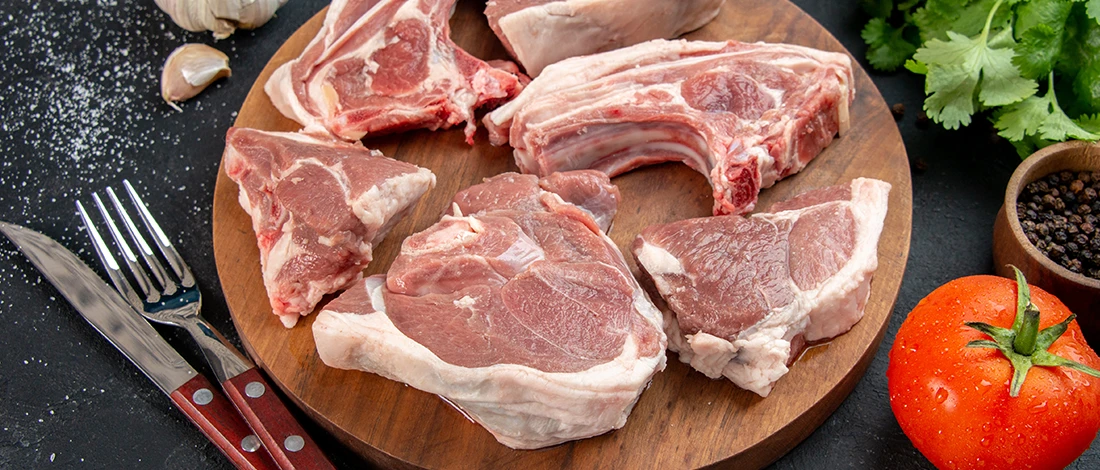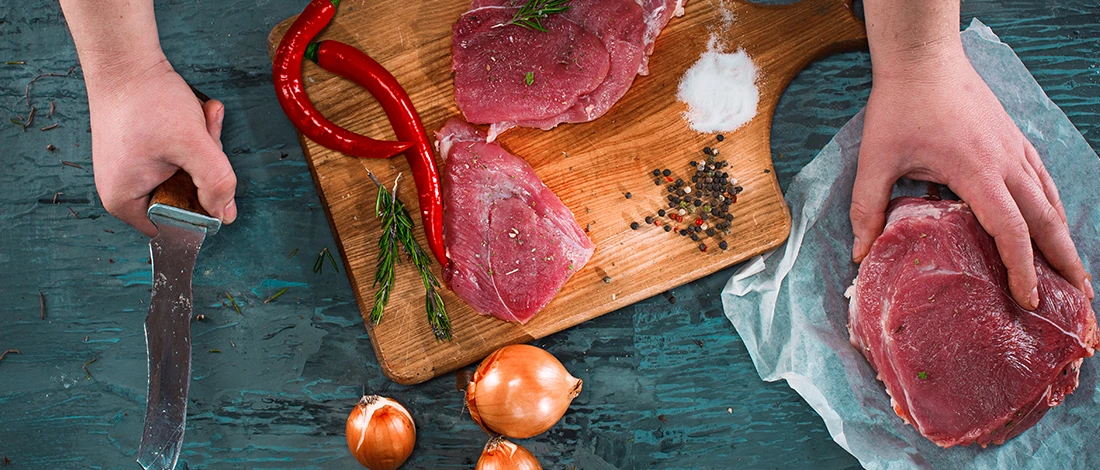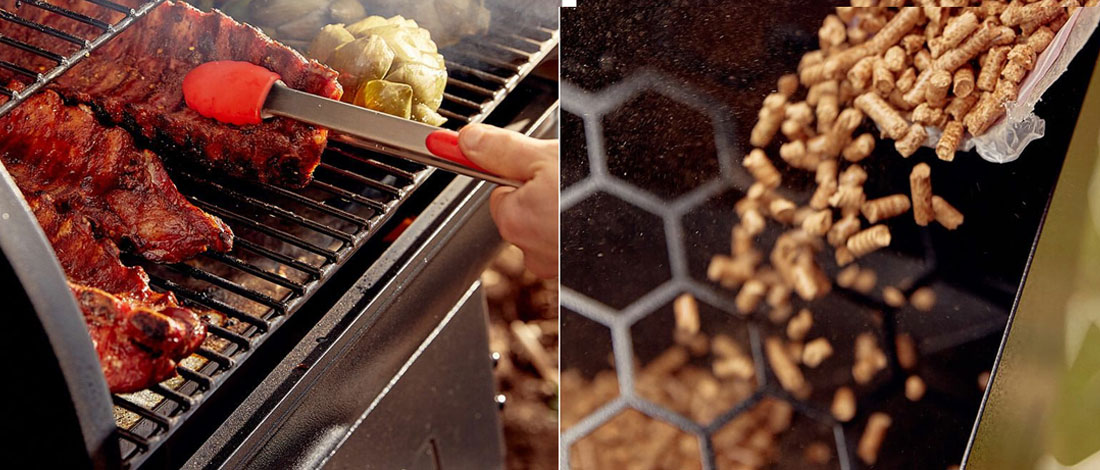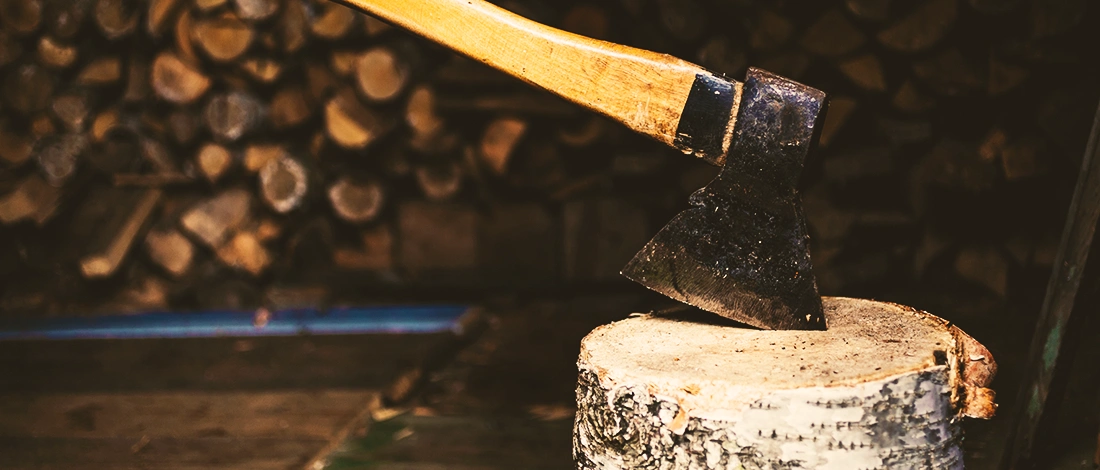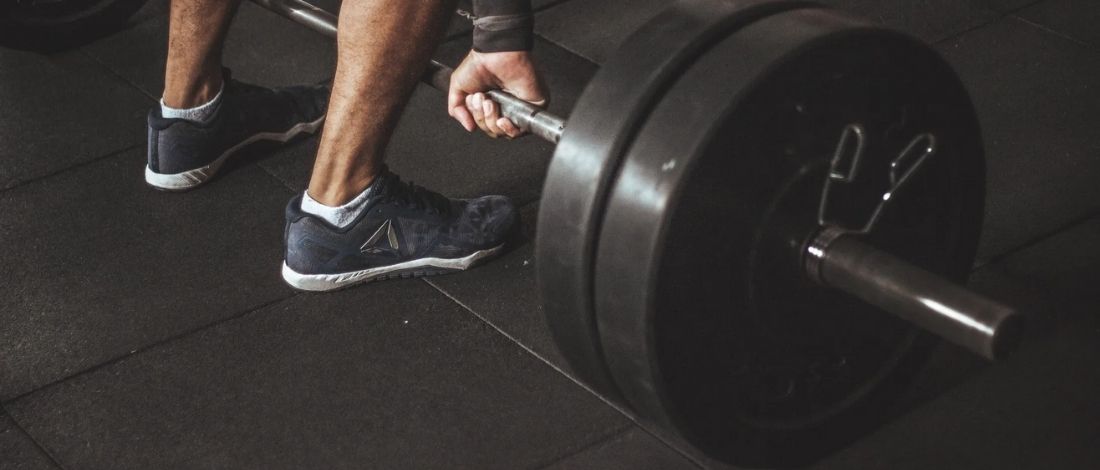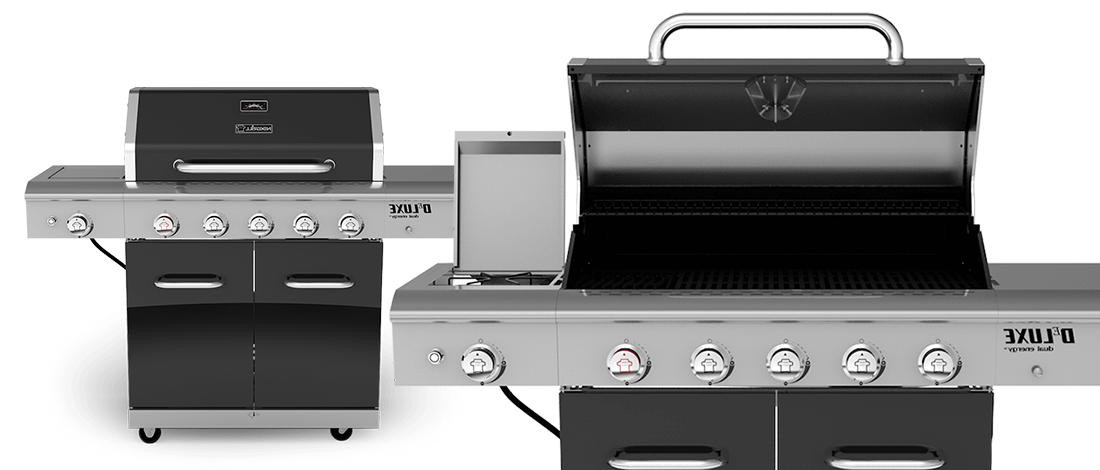A smoker can be a serious investment for your home and warrants the same due diligence in the purchase as you would for any other household appliance. But how do you know the essential features to look for on a smoker?
Buying a smoker requires knowing what you want out of the smoker and the main features to look for that will affect the overall performance, durability, and convenience of the smoker.
After using numerous smokers in various price ranges, we have the experience to guide you through the buying process to get a great smoker!
Quick Summary
- When buying a smoker, consider your budget, experience level, type of fuel, cooking volume, portability, and ease of maintenance.
- Charcoal smokers offer a traditional smokey flavor, while electric and gas smokers are easier for beginners.
- Offset smokers, particularly vertical ones, are often preferred for their even heat distribution and ease of maintenance.
What Features To Look For When Buying A Smoker?
A smoker can be a serious investment for your home and warrants the same due diligence in the purchase as you would for any other household appliance.
If you are interested in purchasing a new smoker, how do you know what features to look for to distinguish good smokers from the mediocre or the plain not-worth-the-money category?
From our experience with a wide range of smokers, we have compiled the essential features to consider when buying a smoker.
1. What Is Your Budget For A Smoker?

Buying cheap can produce disappointing results that could have health consequences if the smoker does not do a good job.
Cheap smokers will invariably not last long due to the heat in the unit and due to the smoker being outdoors.
While price is a good starting point, it should not be the defining aspect of the smoker that influences your decision to purchase.
If a smoker is within your budgeted price but does not have the right features, it is not worth spending the money on the unit.
A good gas smoker will cost in the region $200, while its charcoal equivalent will cost about $300. Pellet smokers, which are gaining popularity, generally start at the $500 to $600 mark.
If a good smoker is out of your current budget, it would be better to wait a little longer and save for a better-quality smoker than settle for a cheaper model.
2. Temperature Control When Buying A Smoker
If you have done any meat smoking, you will know that temperature control is crucial for a good result when smoking meat.
Over-cooked meat from a smoker can be dry and unpleasant, while undercooked meat can have serious health risks.
Gas smokers, electric smokers, and pellet smokers usually have thermostat dials for temperature control which allows for fine-tuning of the temperature in the smoker. These smokers are the easiest for temperature control.
If you go old-school and prefer a charcoal or wood smoker, the smoker must have dampers in the fire chamber and on the chimney where you can easily control the amount of air the fire can draw.
The dampers must work smoothly and seal properly when fully closed.
Another temperature-related consideration is the temperature range the smoker is rated for.
For some smoking projects, you may want the heat in the smoker to reach over 450°F or 232°C. The smoker should be rated for these higher temperatures to ensure versatility.
3. Heat Distribution In The Smoker

Temperature control is one aspect of meat smoking, but heat distribution is another crucial factor.
The heat in the smoker must be distributed as evenly as possible throughout the smoke chamber to prevent the formation of hot and cold spots in different locations in the chamber.
This is the best way for a smoker when the smoker is made from thicker steel.
Thick steel absorbs the heat from the smoker and radiates the heat evenly throughout the chamber.
Thin steel heats unevenly, has limited heat absorption capability and cools very quickly.
This makes temperature control more difficult in a smoker made from light steel.
You can tell the weight difference between smokers by testing the unit's weight or feeling how heavy the lid is on the smoker.
4. Capacity Of The Smoker
The internal size of the smoker is an essential consideration if you intend to smoke racks of ribs or large briskets.
Smoking meat often implies using more significant cuts of meat, so you need to ensure the smoker you purchase has the internal capacity to accommodate the cuts of meat you prefer to smoke.
The internal capacity of the smoker generally goes hand in hand with the following feature to consider; the physical size of the smoke.
5. Physical Size Or Footprint Of The Smoker

Many people purchase a smoker intent to locate the appliance on a deck or in an outside entertainment area.
Smokers can be reasonably large appliances, so don't guess whether a smoker will fit in the allocated space or not. Take proper and accurate measurements of your available space before shopping around for smokers.
Bear in mind the smoke that will emanate from the smoker and take this into account when positioning the unit to prevent the smoke billowing over your seating area.
6. What Fuel Smoker Should You Buy?
Whether electric, gas, wood, charcoal, or pellet, the fuel type of the smoker you buy will depend mostly on your preference.
However, electric smokers use a lot of electricity, and you are limited with the location where you can use these smokers.
Electric smokers also do not deliver on flavor as the other smoker types do.
Gas smokers are relatively cheap compared to other smokers, and it is easy to control temperatures on these smokers.
Propane is a relatively cheap fuel, making gas smokes the best choice for a budget buy.
Wood and charcoal smokers deliver the most on flavor, but they are messy, and it is much more challenging to control the temperature in these smokers.
From a cost factor, they are only slightly more expensive than gas smokers, and fuel can be accessed almost anywhere!
Pellet smokers offer the cleanliness of gas with the flavor of wood or charcoal smokers, giving you the best of both worlds.
The cost of a pellet smoker is the primary limiting factor, being more than double that of a gas smoker.
Pellet smoker fuel is compressed wood pellets that are loaded into the smoker. This fuel may not be readily available in all regions.
7. A Thermometer For Smoking
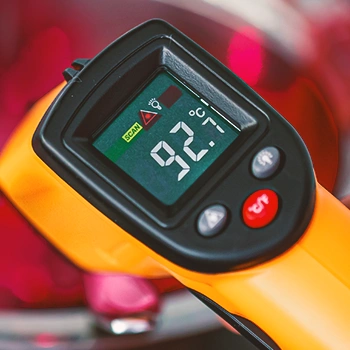
We have already mentioned that temperature control and heat distribution are crucial elements of a perfect smoke.
To easily monitor the smoker's temperature and the internal temperature of the meat, a good quality thermometer is non-negotiable.
Many wireless thermometers allow a probe to be inserted in the meat or the smoker, and temperature readings are sent wirelessly to a handheld display that you can keep with you around the house.
Some newer versions even come with an app to allow monitoring of the temperatures from your mobile phone.


